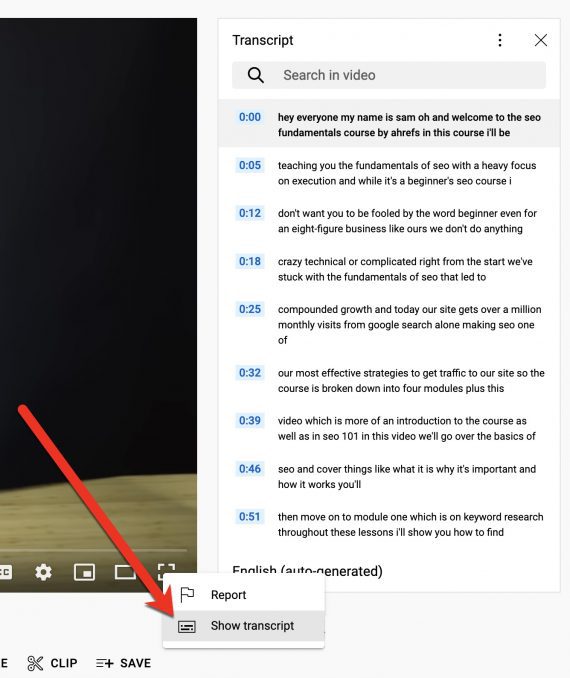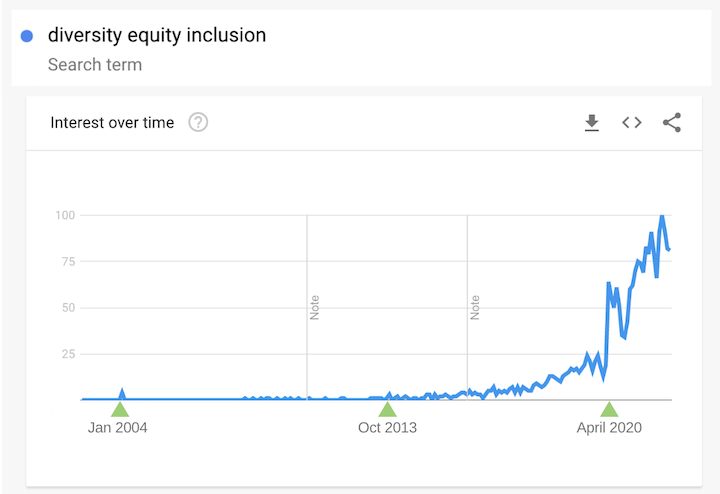
Atkinson also recognises that today’s Nando’s customer is Gen Z, served by Gen Z. As a result, mobile service delivery is expected. Customers expect to order, interact with the loyalty scheme and pay by mobile, while staff use the internal mobile platform to communicate with their ‘Nando’s community’ across the country. The same platform is used to communicate skills such as food hygiene and data security to the teams.
Such innovations seem simple and this simplicity is the essence of great CX. In times of crisis, customers depend on brands and technology they can trust. As recently mentioned by Forrester, bleeding-edge technologies like blockchain and quantum computing have taken a back seat to more essential technologies that enable better and more secure collaboration and virtual work at scale. That said, there are emerging technologies like AI that are proving to deliver exceptional value. At Bupa, global and UK transformation and marketing director Rob Edmundson has led the team to integrate AI in call centres to improve customer journeys, using speech recognition to manage the often-frustrating identification procedures. And at ITV, direct-to-consumer activity is increasingly being driven by expert data analytics and AI. It’s deemed so critical that ITV attracted Sanjeevan Bala, Channel 4’s head of data science, to join the team at the start of 2020.
They recognise the need for collaboration across all parts of the business – from technology to data to marketing to HR and everything in between – to get a better view of the customer and enable an even better customer experience. CX is an organisation-wide imperative and is never successful in silos.
And at AO.com’s Innovation Lab, where Vicky Monk, group customer and brand director, acts as a mentor, they actively encourage collaborations with start-ups to innovate in areas such as bringing store-like shopping experiences online, optimising home delivery routes and advanced augmented reality.
With 51% of C-suite respondents planning to increase their CX-related technology spending in 2020 (Econsultancy, 2020 Digital Trends Report), you’d be forgiven for thinking that tech is the most important factor. Our ethos at Zone and Cognizant Interactive is to always think people-first. For us, technology is the enabler. This is echoed by Russell Davies, CMO at Bulb, who says: “Although we’re always very focused on getting as much as we can from technology, automation and helping people self-serve, we’ve also been reminded that the magic really comes from human interaction.”
Tech is the enabler in a people-first approach
Delivering exceptional customer experience requires an end-to-end view of the customer journey, a deep understanding of the most valuable experiences along that journey, and holistic collaboration across all enabling layers within an organisation. In this year’s CX50 we celebrate the leaders from different businesses who are rising to the challenge to meet the increasing expectations from their customers, employees and partners.
These leaders have also tackled the challenges of the Covid-19 pandemic which has not only affected their customers’ habits, but also the lifestyles and working patterns of their business as well. They have had to oversee operational change to drive efficiencies and greater productivity in the way their employees work, giving them faster access to the tools and technologies needed to do their jobs from home. This blending of the customer and employee experience is what sets the CX50 apart.
Naturally, customer experience (CX) has been easier for digitally-native businesses. But for organisations needing to adapt today, the journey is much harder. Having the right organisational and operational shape to develop new capabilities is vital. Great CX demands a blend of experience, technology, data and creativity. It requires empathetic organisational and cultural change – which is why it needs clear leadership. Zone’s third CX50 report, in partnership with Adobe and Marketing Week, highlights the leaders who are tackling that challenge head on, creating effective, efficient and differentiated customer experiences that help their companies succeed.
A Guide to Customer Experience Management (CXM)
Take Nando’s, for example, where technology director Richard Atkinson simplified logins across previously fragmented delivery and loyalty card accounts to make a huge difference to experience, as well as giving waiting staff apps and better POS technology. This has helped customers get served much more effectively through better more joined up platforms and processes allowing greater transparency and communication.
In today’s competitive landscape, customer expectations have never been higher. They demand a service that is faster, simpler and provides more value than ever before. Consumers’ digital-mindset means that companies which haven’t been able to evolve quickly enough are losing market share to competitors who have transformed their products and services or to start-ups where digital is their business.
Simplicity is the essence of great CX
The key to success is keeping both your customers and employees happy, understanding their needs and desires and putting plans into place to innovate to meet and exceed them. This people-first approach encourages customer experience and affects brand perception, embeds brand loyalty which ultimately drives sales and growth.
Technology can be the glue that ties this all of this together. We can open up new avenues of insight by collecting data and analysing this to recognise how a company’s customer segments operate. This insight enables us to develop and iterate outputs that personalises and optimise the experience for all customers at every touch point.




